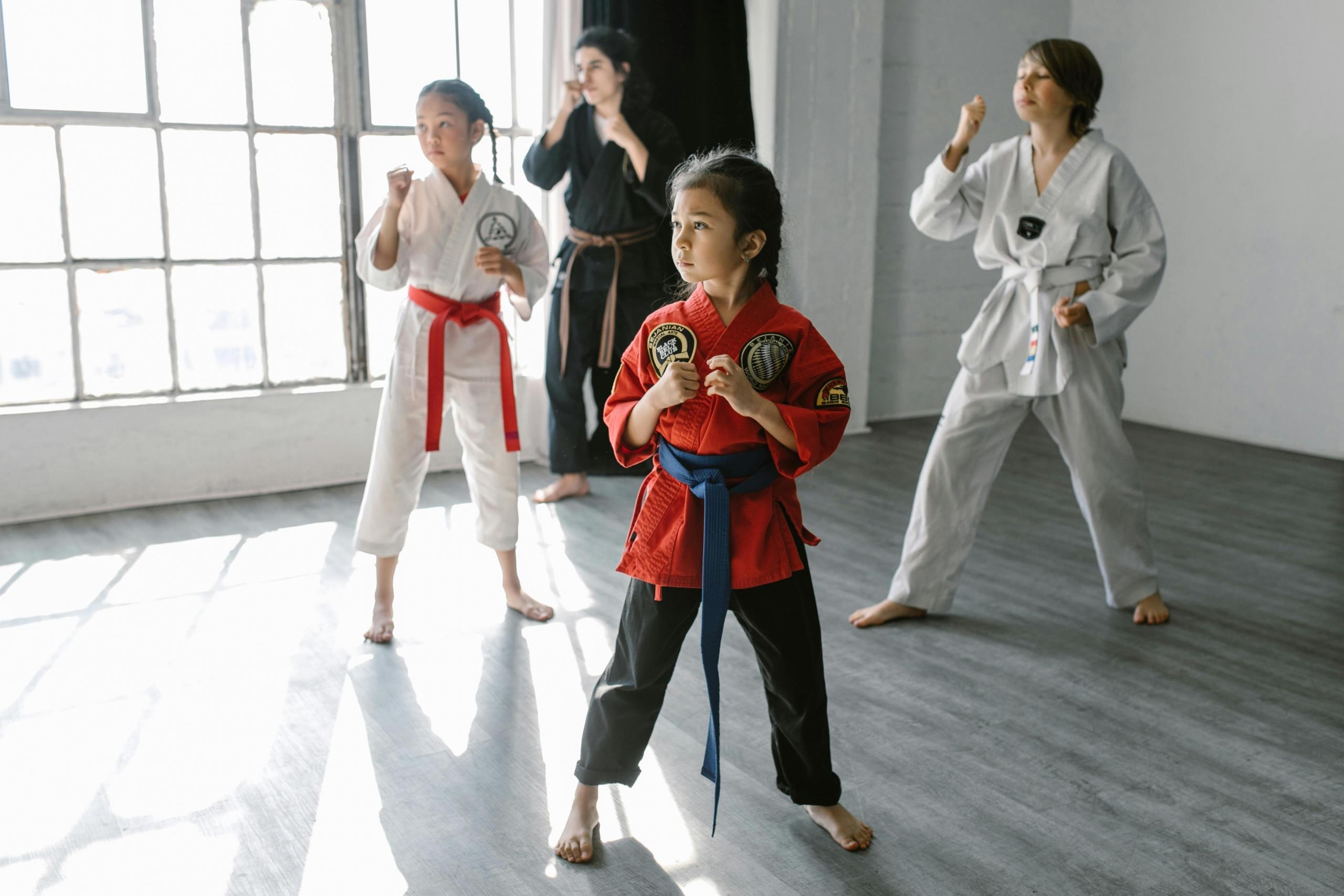Judo, a martial art that emphasizes technique over strength, offers physical and mental benefits. Originating from Japan, it has grown into a popular sport worldwide. This guide covers everything from the basics of judo and comparisons with other martial arts to how to get started no matter where you are in Canada.

What Is Judo?
Judo, which translates to "the gentle way," is a modern martial art and Olympic sport emphasizing throws, pins, and submissions. Developed in Japan by Jigoro Kano in 1882, Judo focuses on using an opponent's force against them, making it a strategic and dynamic form of self-defense. Practitioners of Judo, known as judokas, train to achieve maximum efficiency with minimum effort, combining physical prowess with mental discipline.
Characteristics of Judo:
- Throws (Nage-waza)
Judo is best known for its powerful and effective throwing techniques. These techniques involve lifting and throwing opponents onto their backs using leverage and balance rather than brute strength.
- Groundwork (Ne-waza)
Once on the ground, judokas use pins, joint locks, and chokeholds to control and submit their opponents.
- Efficiency
One of the core principles of Judo is "Seiryoku Zenyo," which means "maximum efficiency, minimum effort." This principle encourages judokas to use their opponent's force to their advantage.
- Mutual Welfare and Benefit
Another guiding principle, "Jita Kyoei," promotes mutual respect and support among practitioners, emphasizing that the growth of one should benefit the community as a whole.
- Mental Discipline
Judo also fosters mental discipline, teaching practitioners to stay calm under pressure, think strategically, and respect their opponents and instructors.
Judo is a unique martial art with universal application. Its techniques are available to anyone regardless of size, existing level, or strength, making it an inclusive sport.
The principles and techniques of Judo are highly effective for self-defense, allowing individuals to neutralize threats without causing unnecessary harm. Judo enhances physical fitness, flexibility, coordination, and mental resilience, promoting overall well-being through rigorous training and a disciplined lifestyle.
Deeply rooted in Japanese philosophy, Judo promotes values such as respect, humility, and perseverance, making it more than just a sport but a way of life.
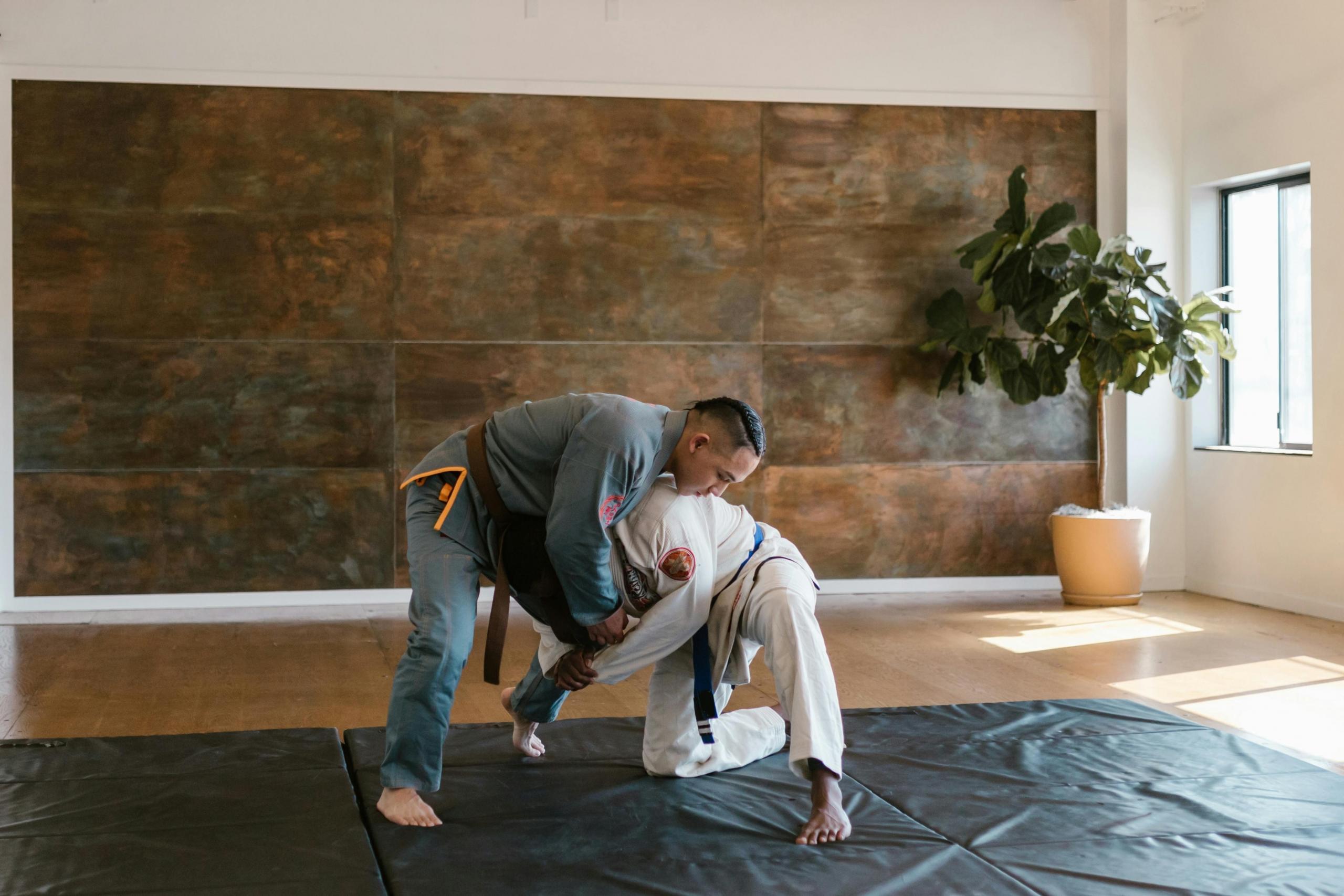
What is the Difference Between Brazilian Jiu-Jitsu and Judo?
When comparing Brazilian Jiu-Jitsu (BJJ) and Judo, it's important to recognize that while both martial arts share common roots in Japanese Jiu-Jitsu, they have evolved to focus on different aspects of grappling and combat. However, they are often confused by one another.
Both BJJ and Judo emphasize the use of leverage and technique over brute strength, making them accessible to practitioners of all sizes and physical abilities. This principle of using an opponent’s force against them is central to both arts, promoting efficiency and effectiveness in combat situations.
In terms of focus and techniques, Judo primarily emphasizes throws and takedowns. The main objective in a Judo match is to execute a clean, controlled throw that lands the opponent on their back, scoring an ippon, which can instantly win the match. This emphasis on throwing techniques (nage-waza) requires judokas to develop excellent balance, timing, and the ability to manipulate their opponent's movement. Groundwork (ne-waza) is also a component of Judo, but it is less emphasized than standing techniques. Practitioners of Judo train extensively in the repetitive practice of throws (uchikomi) and live sparring (randori) to refine their throwing skills.
In contrast, Brazilian Jiu-Jitsu focuses predominantly on ground fighting and submission holds. BJJ teaches practitioners to control their opponents on the ground and apply joint locks and chokeholds to secure a submission. The training in BJJ involves significant amounts of live sparring (rolling) and positional drills, where practitioners learn to navigate and dominate various ground positions. This focus on ground control and submissions makes BJJ a comprehensive grappling system that excels in close-quarter combat situations.
The rules of Judo competitions emphasize throws, with matches often decided by a single successful ippon. Lesser throws, known as waza-ari, can also score points, and accumulating two waza-ari scores equals an ippon. Groundwork is limited in duration; if there is no significant progress, the referee will restart the competitors in a standing position.
BJJ competitions, on the other hand, allow more time for ground fighting. Matches are won by accumulating points for control positions such as mount, back control, and guard passes or by achieving a submission. The scoring system in BJJ rewards positional control and submission attempts, reflecting the art's focus on ground dominance.
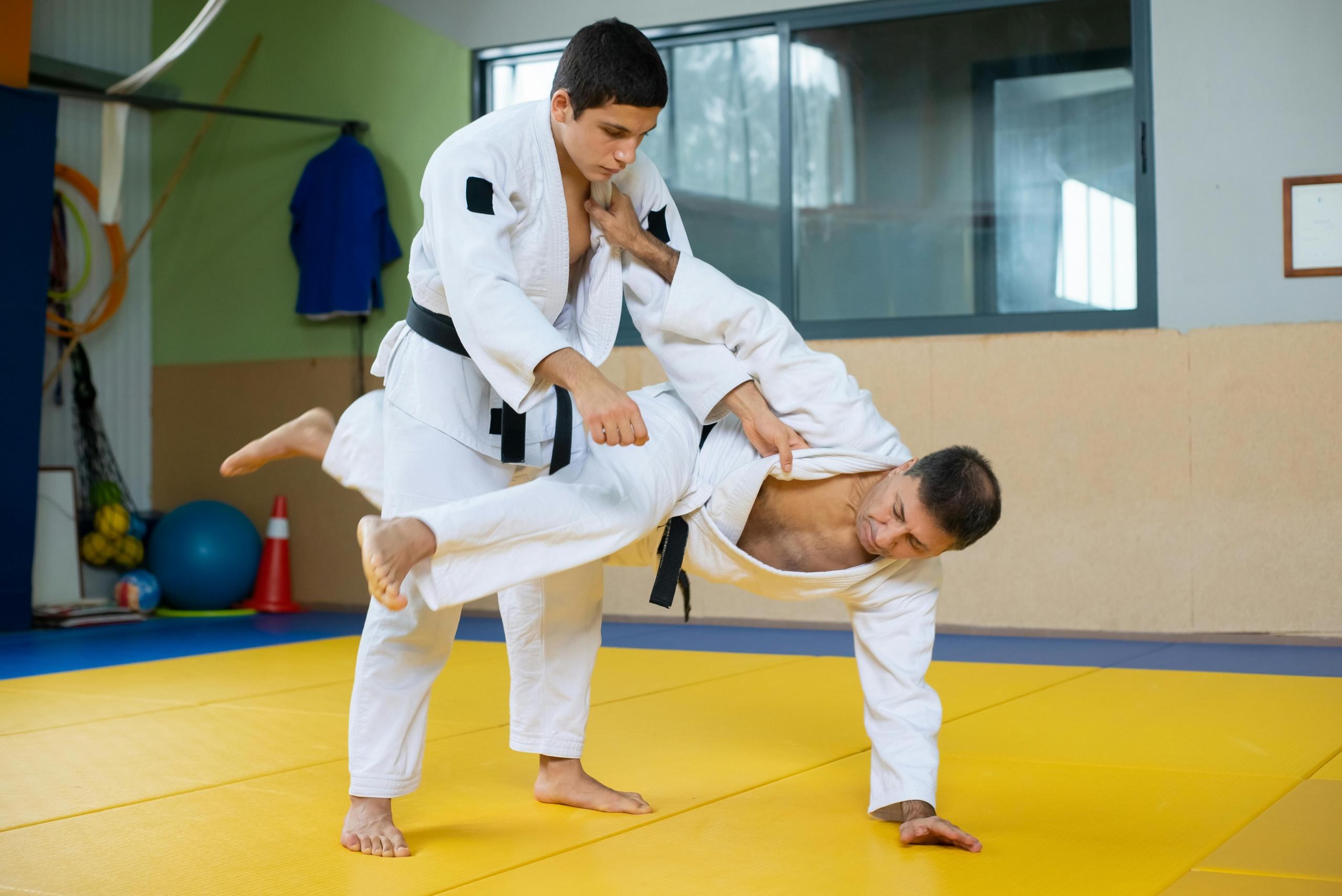
Judo training typically involves rigorous practice of throws, grip fighting, and breakfalls to ensure safety during throws. The culture in Judo dojos often emphasizes discipline, tradition, and respect, mirroring its Japanese roots.
The BJJ training is heavily oriented towards live sparring, allowing practitioners to apply techniques in realistic scenarios. This approach fosters creativity and adaptability, as students are encouraged to experiment and find their own style within the framework of BJJ techniques.
Choosing between Judo and BJJ largely depends on personal preference and goals. If you are interested in mastering the art of throwing and appreciate the traditional aspects of martial arts, Judo might be the right choice for you. It provides a solid foundation in balance, coordination, and executing powerful throws.
On the other hand, if you are more inclined towards ground fighting and submissions, BJJ offers a comprehensive system that emphasizes control and technique on the ground. BJJ is particularly beneficial for those looking to develop skills in managing and neutralizing opponents from various ground positions.
Both martial arts offer unique benefits and can complement each other well. Many practitioners choose to cross-train in both Judo and BJJ to gain a well-rounded skill set that includes effective standing and ground techniques. Both Judo and BJJ provide excellent opportunities to improve physical fitness, mental resilience, and self-defense capabilities.
How to Start Learning Judo?
Starting your Judo journey can be an exciting and rewarding experience. Here are some essential steps to help you get started:
- Find a Local Dojo 🔍
Look for a great Judo club in your area. Cities like Toronto, Vancouver, Halifax, Montreal, and Calgary have great options for practicing Judo. Ensure their instructors have the proper education and read reviews before booking anything.
Some of the clubs even offer free trial lessons that beginners can try out. This is an excellent way to ensure you learn, reach your goals, and have chemistry with your coach.
- Attend a Class 🎟️
Many dojos offer trial classes. Attend one to get a feel for the environment, instructor, and instruction style.
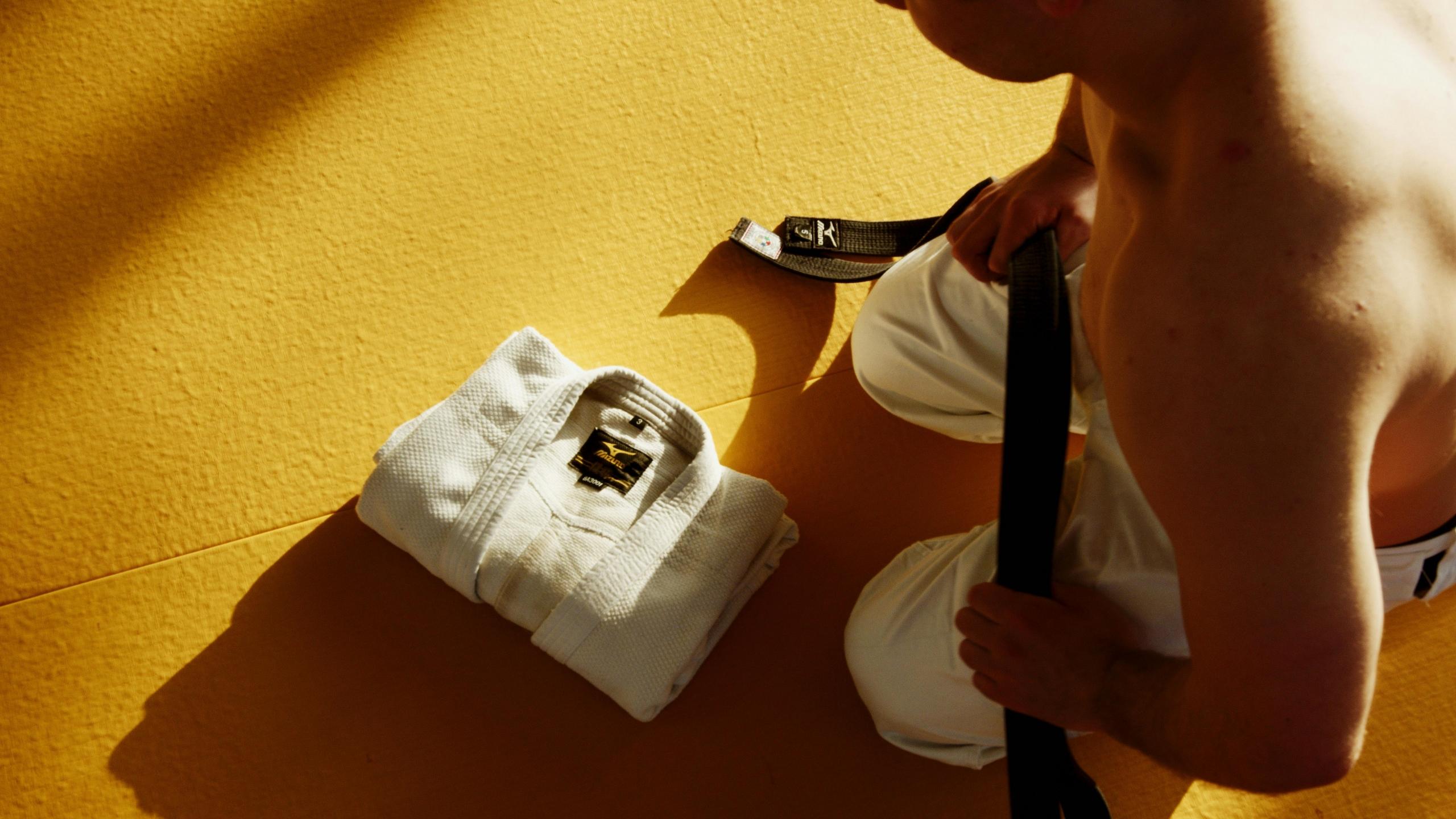
- Get the Right Gear 👘
You will need a judogi (Judo uniform), which you can purchase at the dojo or online.
- Understand the Basics 📚
Learn basic etiquette, warm-ups, and foundational techniques.
- Practice Regularly 🏋️
Consistent practice is key to improving your skills.
- Stay Committed 💪
Judo requires dedication and perseverance. Embrace the journey and enjoy the process of learning and growth. Keep prioritizing spending time at the dojo, making each session fun and engaging. Focus on improving your skill level and maximizing the training center's resources.
Judo Opportunities in Major Canadian Cities
Exploring Judo in Canada offers various opportunities across various cities, each with its unique Judo community and training atmosphere. Whether you're looking to join a national program, find a skilled instructor, or advance through the belt ranks, there's a Judo class for you.
Here’s a closer look at what you can expect in some of the top cities for Judo in Canada:
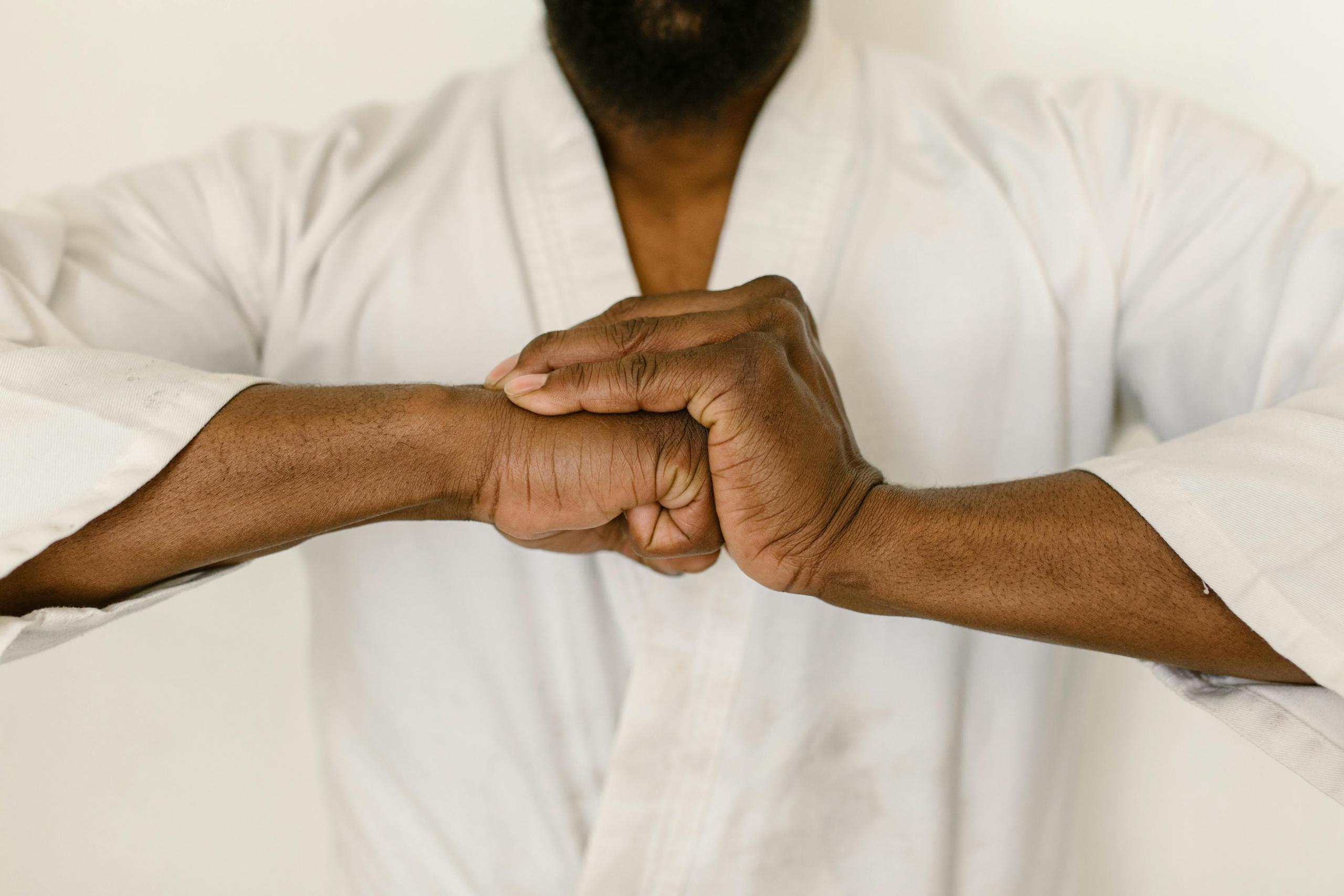
Toronto
Toronto boasts a vibrant Judo community with numerous high-quality dojos. The city's diverse population is reflected in its Judo clubs, which cater to all ages and skill levels.
Members of these clubs can find excellent facilities and experienced instructors dedicated to teaching both traditional and competitive Judo.
Toronto also hosts various Judo tournaments and events, providing ample opportunities for judokas to compete and improve. The classes offered are designed to be fun and engaging, ensuring that every lesson is both educational and enjoyable.
Vancouver
Vancouver offers a unique blend of traditional and modern Judo training techniques. The city's Judo clubs emphasize a strong sense of community and personal development.
Many dojos in Vancouver are known for their inclusive atmosphere, which is ideal for beginners and experienced practitioners. The scenic beauty of Vancouver also provides a great backdrop for outdoor training sessions, adding an extra layer of enjoyment to your Judo practice.
Halifax
Halifax, while smaller than Toronto or Vancouver, has a close-knit Judo community that is very supportive. The city's Judo clubs are known for their personalized instruction and strong emphasis on community spirit.
In Halifax, you can expect a welcoming environment where practitioners of all ages can develop their skills. The clubs often engage in community outreach and social events, making it a great place to build lasting friendships while learning Judo.
The best clubs in Halifax have dedicated coaches who work closely with their students to help them progress through the belt ranks. These clubs focus on team-building activities and ensure that each student feels valued in the Judo community. The supportive atmosphere in Halifax's dojos fosters personal growth and development, making it an excellent place for anyone interested in starting or advancing in Judo.
Montreal
Montreal is renowned for its competitive edge in Judo, with many clubs focusing on high-performance training. The city's Judo scene is vibrant and diverse, offering recreational and competitive judokas programs.
Montreal's rich cultural heritage also adds a unique touch to the Judo experience here. Many clubs have ties to international Judo organizations, providing opportunities for cross-training and exposure to different styles.
Calgary
Calgary has a dynamic Judo community that emphasizes both competitive and recreational training. The city's clubs are well-regarded for their comprehensive programs that cater to various skill levels. Calgary also hosts several regional and national Judo competitions, making it a great place for those looking to test their skills in a competitive environment.
The supportive community in Calgary's dojos fosters personal growth and development, making it an excellent place to start your Judo journey.
Learning Judo is more than just a sport. With supportive communities, experienced instructors, and various programs, you can find the perfect dojo to suit your needs and start your practice confidently, taking the discipline, respect, and perseverance that Judo instills, regardless of where you live.

